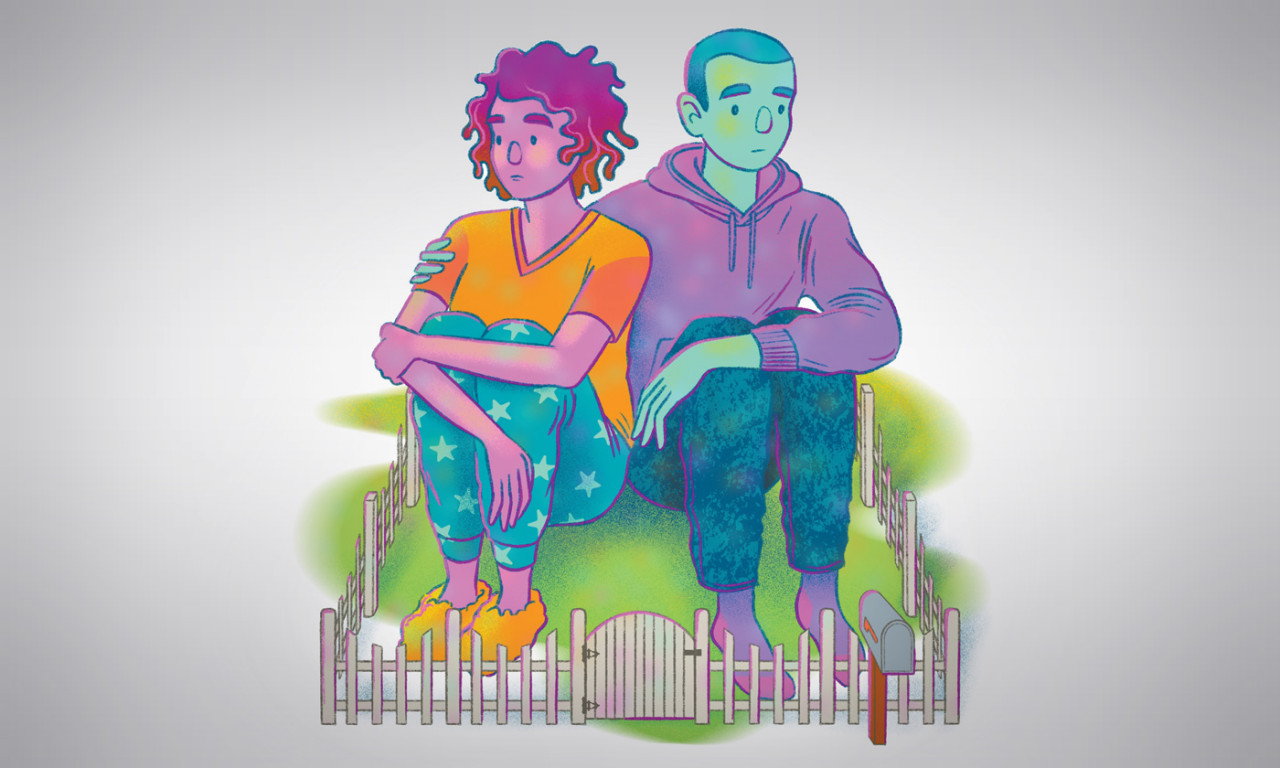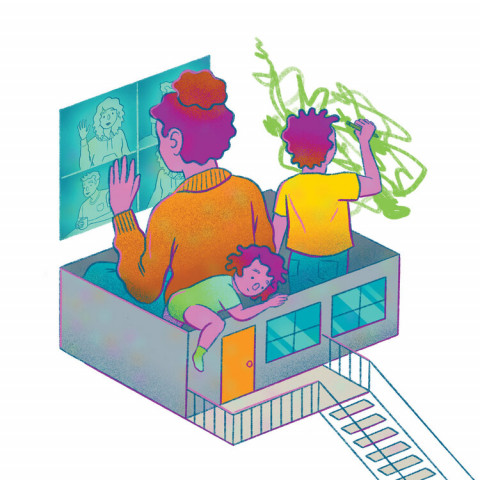Black Families Are Combating the Effects of Discrimination on Their Children Through Talks
Black parents in the U.S. who see others experience racial discrimination, such as news coverage involving violence against Black people, are more likely to talk with their children about race and discrimination, researchers at The University of Texas at Austin have found. Such conversations between parents and their children have been shown to improve young people's behavior and school outcomes.
Vicarious racial discrimination that leads to these conversations can be experienced in many different ways. Examples include watching news coverage of high-profile killings by police, such as those of George Floyd or Breonna Taylor; watching a video posted on social media of a Black person being mistreated; or seeing a friend, family member or stranger being called slurs in public.
















